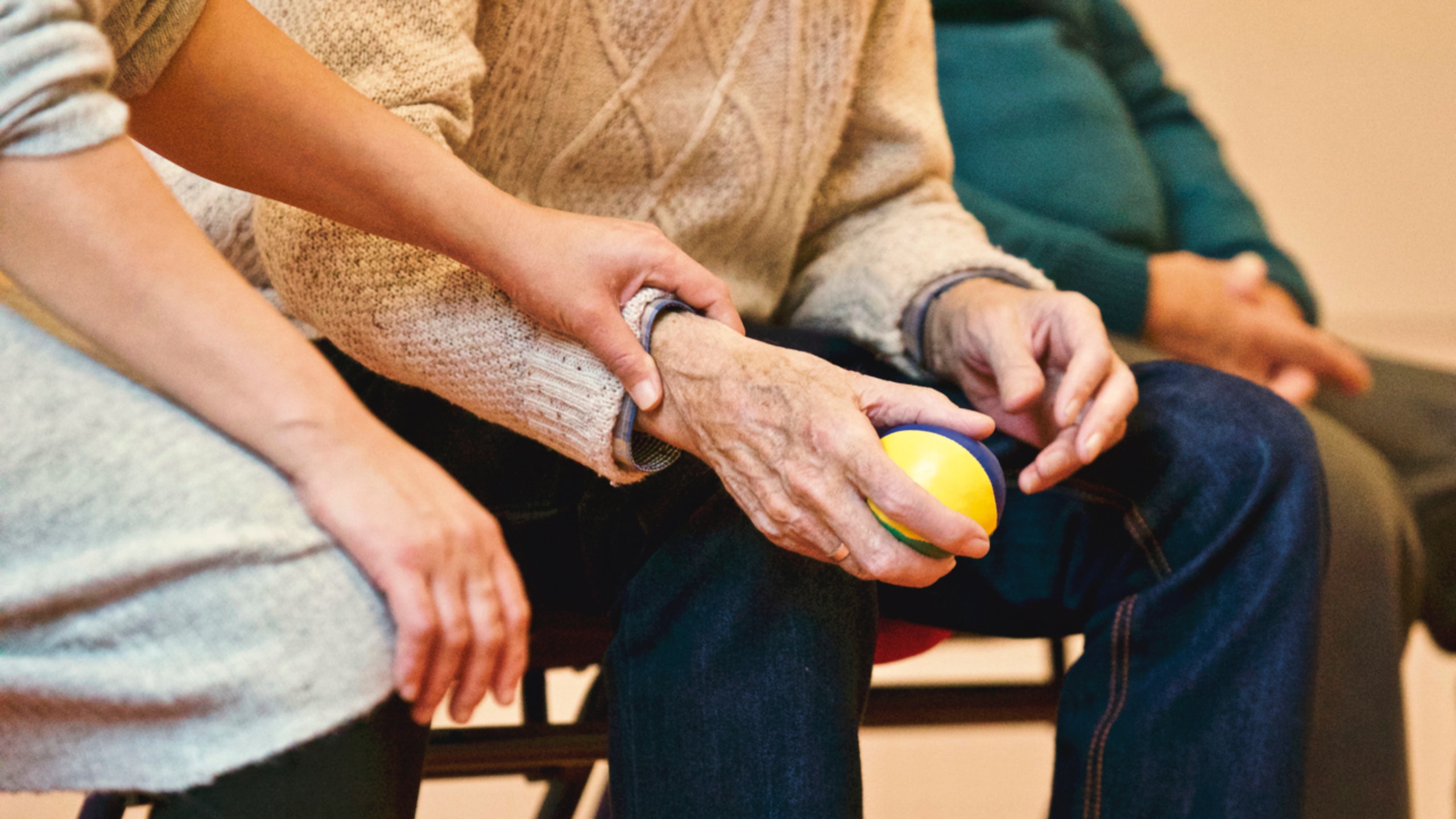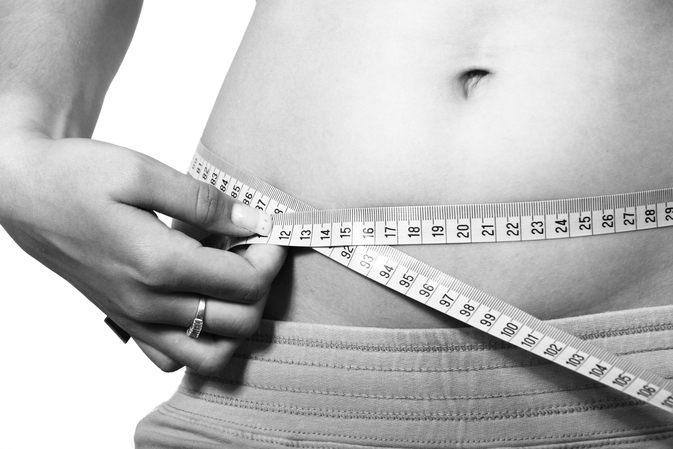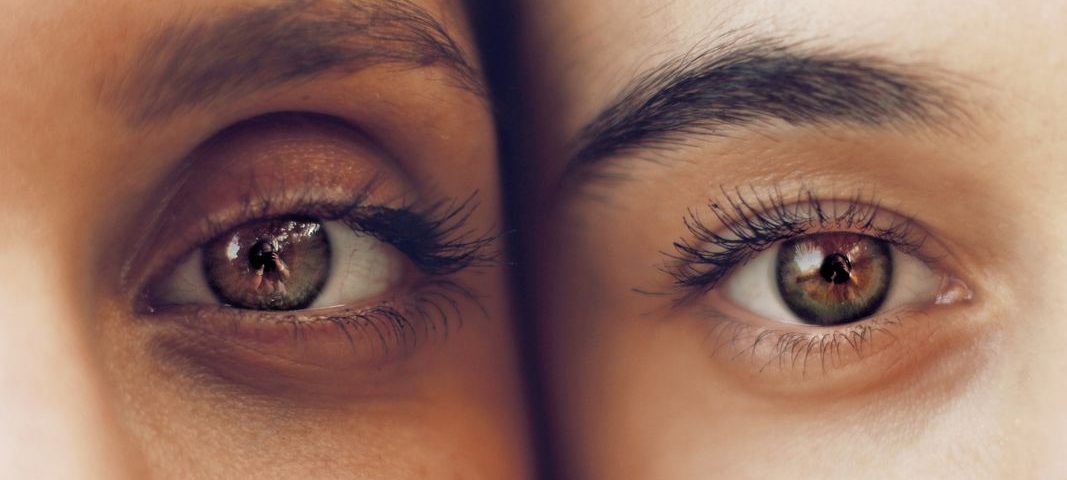Stress is endemic in society, with 75% of people saying that they ‘felt so stressed they could not cope’ at some point in the last year. While we often think of stress as being purely mental, there are also physical signs that we may be stressed. By understanding the philosophy and science behind emotion we can gain valuable insights into how to recognise and mitigate stress. This can help us come up with effective and manageable ways of dealing with persistent stress that can make all our lives better.
The philosophy of emotions
The philosophy of emotion is an interesting topic within the philosophy of psychology. There is a common sense notion of how emotions are generated that is generally taken to be true, known as a ‘folk notion’. This theory suggests that we see, hear, or smell something and think about it. This causes an emotional response which generates a physical response. For example when you see an angry dog you recognise that it is dangerous, you feel fear, and this causes your hair to stand on end. Most of us would probably intuitively agree with this theory of emotions.
A philosopher who did not agree with this was William James. He was an early psychologist who wrote at the turn of the 20th century, and the brother of the author Henry James. William James disagreed with this theory of emotions, and instead argued that the folk notion was incorrect. He thought that rather than emotion causing changes in physiology it was in fact physiological changes that altered emotion. He goes so far as to say that the bodily changes are the emotion, and that ‘we feel sorry because we cry, […] afraid because we tremble’. Going back to the earlier example, James would say that when you see a fierce dog your hair stands on end and you start to shake, which causes your fear. (James actually argued that fear is simply the perception of these physical changes, although this is much more contentious)
This runs against our previous intuition, and sounds quite odd. We may want to reject it on the basis that it doesn’t fit with how we experience emotions. We can be happy without smiling, for example. However James is not arguing that all fear responses have the same physiological responses, but rather that each emotion is unique, but is made up entirely by physical responses. Nevertheless we may remain unconvinced by James’ theory.
Scientific Evidence
James’ theory is fairly light on the sort of scientific evidence that we would expect from a theory today, but there are some interesting scientific cases that show that he might have been at least partially correct. Think of how you might sit if you were generally unenthusiastic about something. You would imagine sitting in a slouched manner, with your back arched. What is interesting is that there is a good deal of evidence to suggest that poor posture can have a negative impact on your mood, and cause stress as well as being a symptom of it. Perhaps, then, one of the ways that we might go about tackling the symptoms of stress would be to change the physical conditions that we are working and living in. With this in mind here are some of the physical symptoms of stress:
How might stress present itself?
Stress has a number of different physical symptoms in addition to emotional symptoms. According to the mental health charity Mind, some of the most common physical symptoms of stress are:
- Muscle pain – One of the most common symptoms is muscle aches, particularly back pain.
- Loss of control over normal habits – This may include not eating enough or binge eating, smoking more than usual, biting your nails, gambling, and drinking more. When we are stressed we are prone to reverting back to unhealthy habits. Often these can actually increase stress, either by making us unhappy that we are falling back on bad habits, or because the physical effects of something like alcohol can increase stress.
- Headaches – People with stress often say that they have persistent or regular headaches.
- Panic attacks
- Sleeping problems
What can we do to get over this?
Let’s assume that James is at least partially correct and that there is some aspect to emotion that is primarily caused by the physical change in the body. This means that we can fight back against stress by altering our physical presentation as a stressed person. Think again how you might sit if you are stressed.
Top stress busting tips:
- Exercise regularly – Making sure that you have regular exercise and are not sitting down for too long at a time is a great way of clearing your mind from distractions that might be making you stressed. If you try and remember to re-adjust your posture on the hour by sitting straight will help you maintain good posture.
- Make sure you are sitting comfortably – If stress causes back pain then ensuring that your posture is as good as possible will help feel less stressed. Perhaps ask your friend or partner for a massage. If you think back to James’ theory of emotions he would say that back pain is causing stress, so improving your posture will help reduce your stress level.
- Get good sleep hygiene – many people feel tired a lot of the time, and it can have a very negative impact on your mental health by contributing to stress. A Royal College of Psychiatrists study showed that at any one time 1 in 5 of us are tired, and 1 in 10 of us are chronically tired. Going to bed at the same time everyday and ensuring that you leave sufficient time to wind down for half an hour before you sleep will help you to balance your Circadian rhythm and the body’s internal clock that regulates sleep. This includes not looking at a screen for half an hour before sleep, as this disrupts your sleep hormones.
- Breathing exercises – controlled breathing is one of the most effective ways of coping with stress. Getting into the habit of doing some everyday, ideally when you wake up, will help shape your frame of mind for the day, ensuring you feel more positive.
- Take back control – making a persistent and conscious effort to stop yourself from reverting to your bad habits will make you feel much better. This doesn’t mean finding a new thing to beat yourself up over. Noone is perfect and you shouldn’t expect yourself to be. However recognising what is stressing you out and how you are dealing with it poorly will help you make the necessary changes in lifestyle that will help you feel well.
Changing your lifestyle is the most effective way to beat stress. Ultimately while these tips are all useful to help you deal with stress they only treat the symptoms of stress. The best way to overcome stress is to deal with the root of the problem. If you are feeling chronically stressed and want to find constructive, long-term solutions that can help you feel better, contact us confidentially to arrange a session of therapy.


 Back to all posts
Back to all posts


























